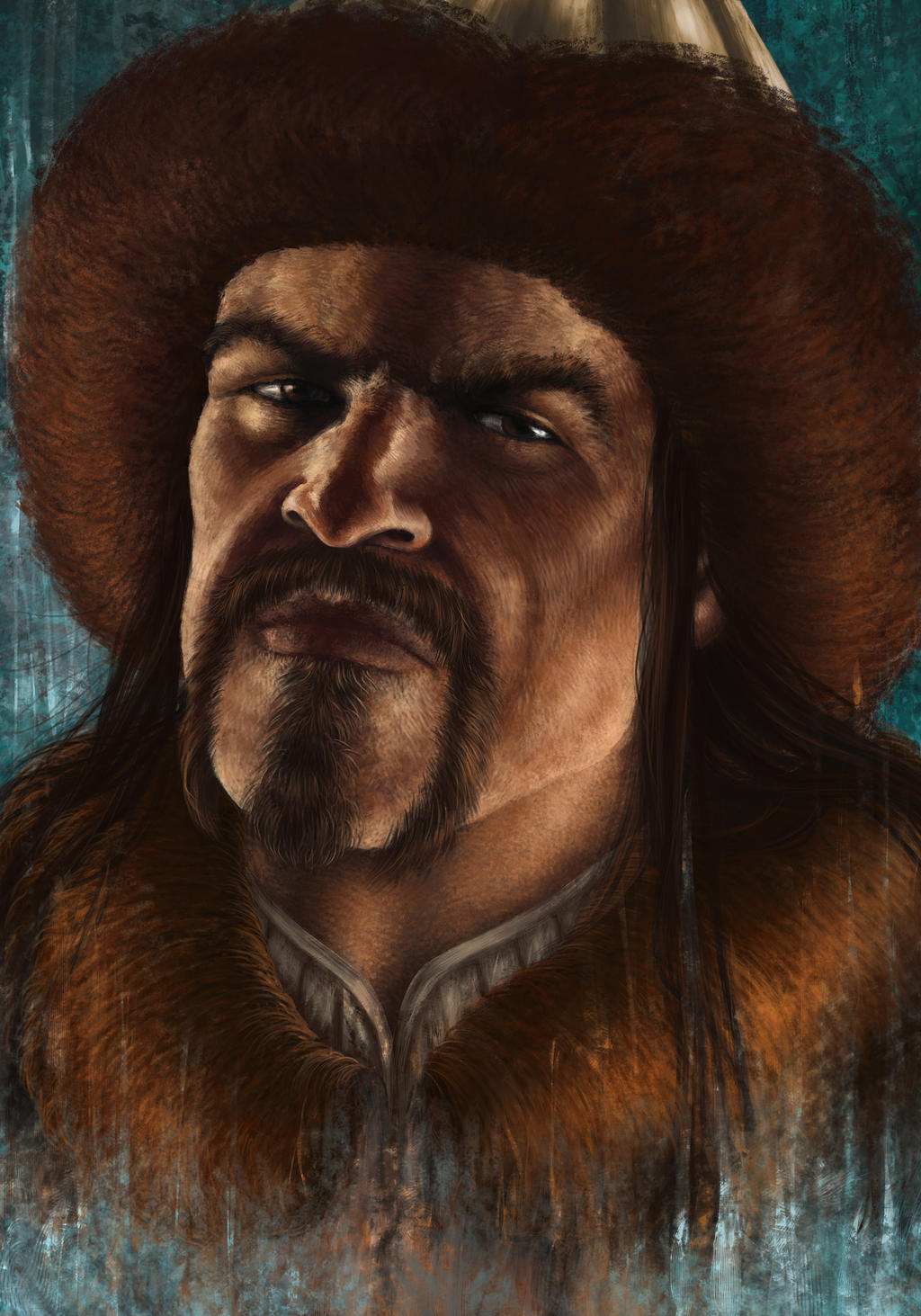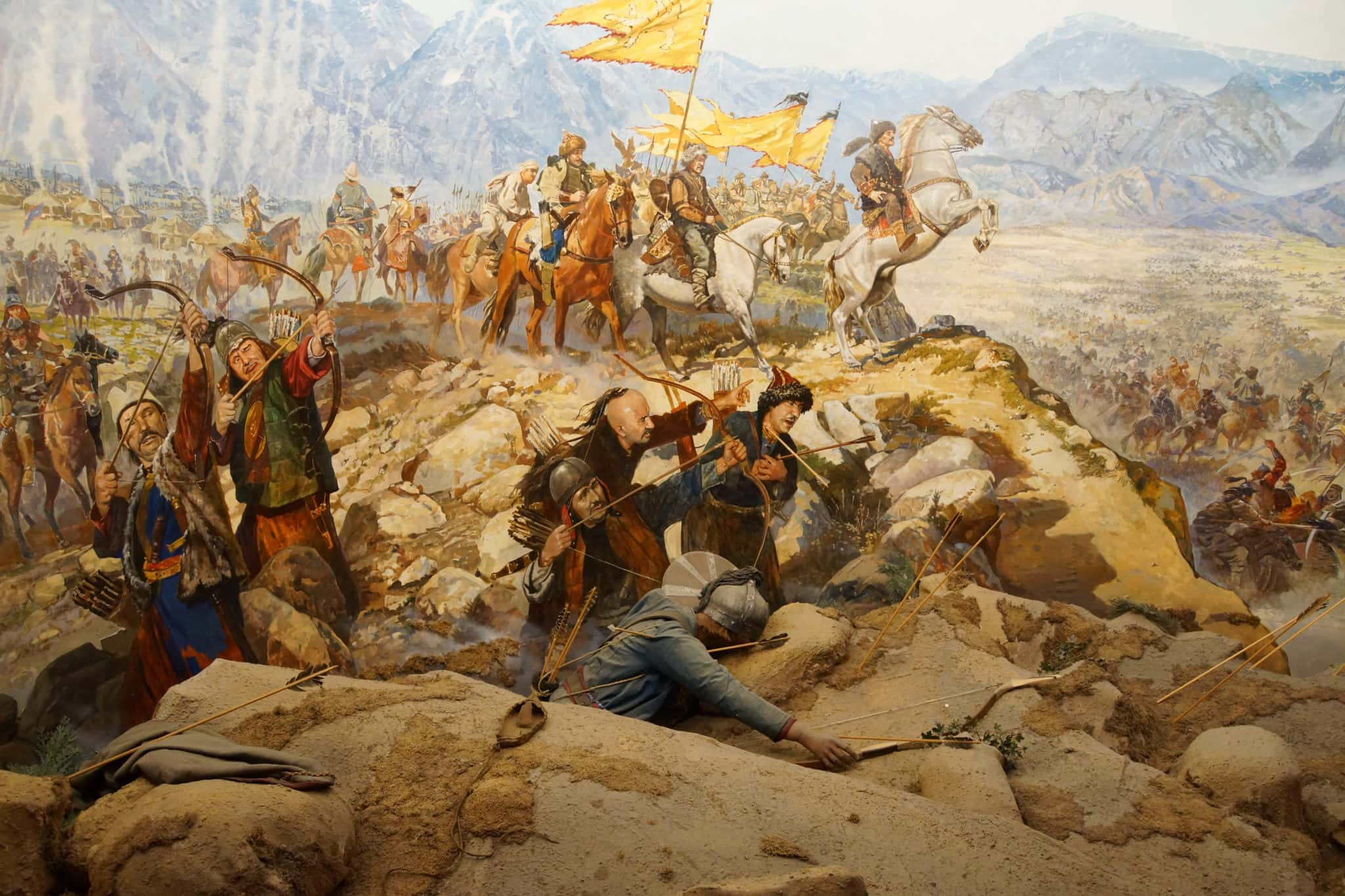
Cambodia’s Hun Sen Confirms Eldest Son Hun Being Groomed For Leadership — Radio Free Asia
In recent weeks, a new star has emerged: Marge Simpson reimagined as " Margie the Hun ", a B&M-loving, charity shop rummaging, down-to-earth average British girlie who's close to her gran.

Hun A Cambodian dynasty? Lowy Institute
Attila the Hun (r. 434-453 CE) was the leader of the ancient nomadic people known as the Huns and ruler of the Hunnic Empire, which he established. His name means "Little Father" and, according to some historians, may not have been his birth name but "a term of affection and respect conferred on his accession" (Man, 159).

HALT THE HUN, A WW1 Propaganda Poster
The meaning of ON THE HUNT is searching. How to use on the hunt in a sentence.

Attila The Hun by Hellkrusher on DeviantArt
(406-453) Who Was Attila the Hun? Attila the Hun, 5th-century king of the Hunnic Empire, devastated lands from the Black Sea to the Mediterranean, inspiring fear throughout the late Roman.

Attila the Hun (Illustration) Ancient History Encyclopedia
The Huns were a nomadic tribe prominent in the 4th and 5th century CE whose origin is unknown but, most likely, they came from "somewhere between the eastern edge of the Altai Mountains and the Caspian Sea, roughly modern Kazakhstan" (Kelly, 45). They are first mentioned in Roman sources by the historian Tacitus in 91 CE as living in the region.

6 Amazing Facts About The Huns
Attila (died 453) king of the Huns from 434 to 453 (ruling jointly with his elder brother Bleda until 445). He was one of the greatest of the barbarian rulers who assailed the Roman Empire, invading the southern Balkan provinces and Greece and then Gaul and Italy.

Hun Sen passes all students and the buck Asia Times
The Huns were nomadic warriors who terrorized much of Europe and the Roman Empire in the 4th and 5th centuries A.D. They were impressive horsemen best known for their astounding military.

Cambodia PM Hun Sen Hands Power to Son After Four Decades Bloomberg
Bettmann / Getty Images. 1. His upbringing was privileged. Far from the stereotype of the unwashed, uneducated barbarian, Attila was born (probably at the beginning of the fifth century A.D.) into.
.jpg/600px-Huns_by_Rochegrosse_1910_(detail).jpg)
Huns Wikipedia
Hun, member of a nomadic pastoralist people who invaded southeastern Europe c. 370 ce and during the next seven decades built up an enormous empire there and in central Europe.

40 Atrocious Facts About Attila The Hun
A tribe called the Ουρουγούνδοι Ourougoúndoi (or Urugundi) who, according to Zosimus, invaded the Roman Empire from north of the Lower Danube in 250 AD, may have been synonymous with the Βουρουγουνδοι Bourougoundoi, whom Agathias (6th century) listed among the Hunnish tribes. [13]

Story Hun? Culture Night OFFSET
The Huns were a nomadic tribe from Central Asia that scholars believe may have begun to enter Europe by the 2nd century or earlier. The main body of the Huns had definitively entered Europe and.
/AttilaChalonsKeanCollectionGetty-56a042f03df78cafdaa0b90f.jpg)
Biography of Attila the Hun
"OnTheHub is an amazing site that makes it possible to get software for school at much cheaper prices and lets you keep them after school is done.

♥Se Hun♥ Se Hun Photo (32481844) Fanpop
February 3, 2012. Attila entertains-as imagined by a 19th- century artist. Feedloader (Clickability) He called himself flagellum Dei, the scourge of God, and even today, 1,500 years after his.

Hun Sen counts on China as he cracks down in Cambodia has he miscalculated? South China
Attila the Hun: a man who, through intelligence and sheer force of character, forged a loose confederation of nomadic tribes into the most fearsome military.

40 Atrocious Facts About Attila The Hun
History of the idea of Xiongnu origins Eighteenth-century British historian Edward Gibbon was instrumental in the spread of the notion that the Huns and Xiongnu were connected. Geographical location of the Xiongnu empire and the heartland of the Huns. [2]

Historical mythbuster Way OffTopic Obsidian Forum Community
Their most notorious leader, Attila the Hun, solidified that perception. Between 440 and 453 A.D., he led Hunnic hordes throughout much of Europe, including Gaul (modern-day France). Along the way.